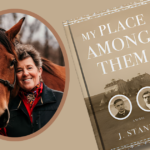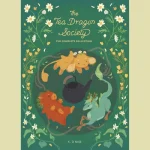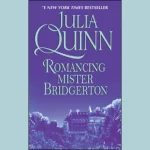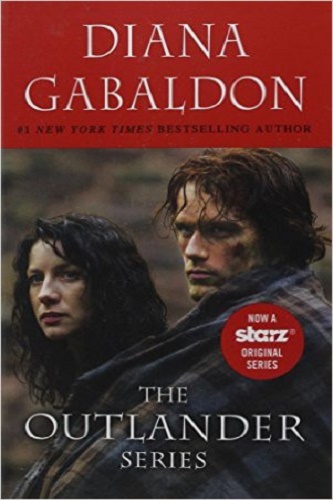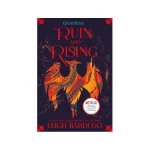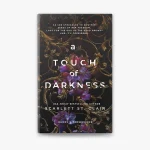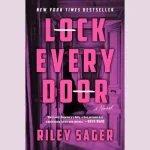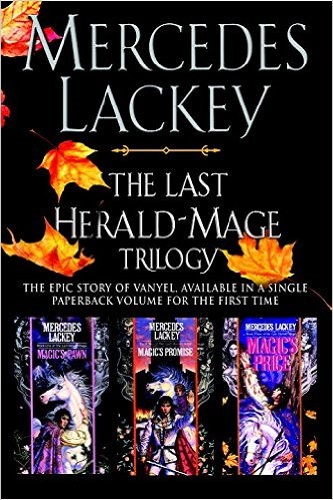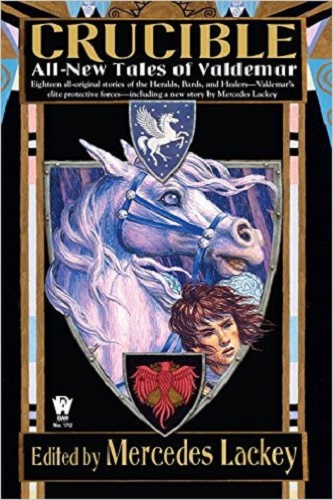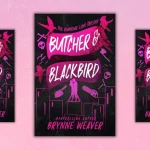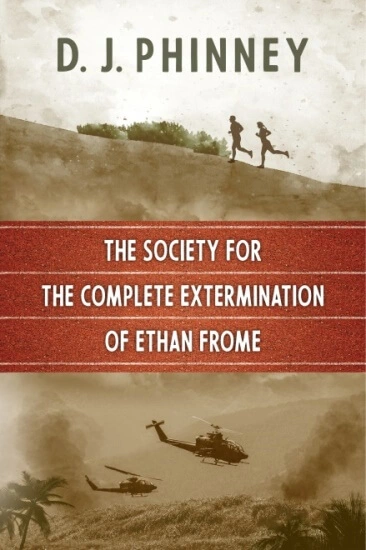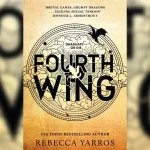Have you ever finished a book and thought, “This was better than the movies!” I’ve certainly had that feeling more times than I can count. As someone who loves both books and films, I often find myself reflecting on why some stories work beautifully on the page but somehow lose their magic when adapted to the screen. Today, let’s explore why certain stories are better than the movies and what makes them resonate so deeply with readers.
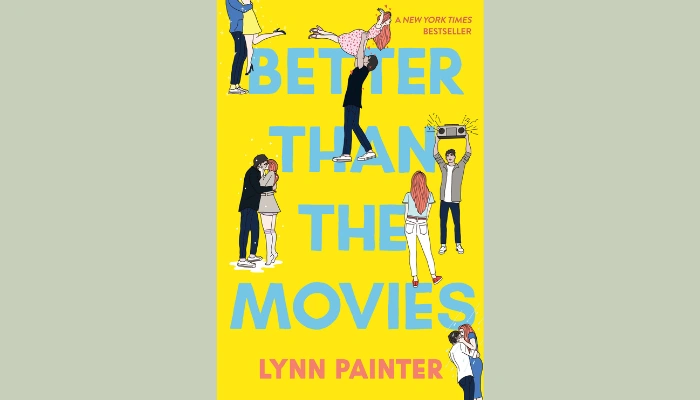
Content
Why Some Stories Are Better On The Page Than On Screen
There’s something uniquely captivating about a book that a movie adaptation just can’t replicate. Movies have time constraints, visual limitations, and often, commercial pressures that can force filmmakers to cut, change, or simplify crucial parts of a story. On the other hand, novels give readers space to immerse themselves fully—every thought, emotion, and subtle interaction can be explored in detail.
Depth of Character Development
One major reason stories are better than movies is character depth. In novels, authors can explore internal monologues, nuanced reactions, and small gestures that reveal personality. For instance, the back-and-forth banter between characters in a novel often feels far more authentic than what we see in dialogue-heavy films. This is where books truly shine, providing an intimate connection that movies often struggle to achieve.
Imagination vs Visual Representation
Another advantage of novels is the freedom of imagination. When reading, your mind becomes the director, the set designer, and even the composer. You create the world as you perceive it, which makes the experience personal and unforgettable. Movies, no matter how well-produced, present a fixed visual interpretation that may not match each reader’s mental picture. This is a subtle reason why some stories that outshine movies continue to hold a special place in our hearts.
Read Mor About: Lock Every Door
Books That Outshine Their Movie Adaptations
Some novels are so rich in content and character that adaptations just can’t capture their essence. Let’s look at a few examples:
- “Better Than The Movies” by Lynn Painter – This YA romance is a perfect example of a story that captures hearts with humor, heartfelt moments, and relatable teen experiences. While a movie adaptation might focus on the romantic plotline, the novel dives deeper into friendships, personal growth, and self-discovery.
- “To All The Boys I’ve Loved Before” by Jenny Han – The film was popular, but the book provides more insight into Lara Jean’s internal dilemmas and family dynamics.
- “The Night Circus” by Erin Morgenstern – A visually stunning film could never fully capture the magic, mystery, and intricate storytelling that makes this novel extraordinary.
These are prime examples of novels that surpass movies because the written word allows for greater storytelling depth, emotional complexity, and world-building.
Real-Life Case Study: Emma’s Journey Through YA Romance
I want to share a real-life experience from my friend Emma, a passionate YA reader. Emma had been watching romantic comedies on Netflix for years, often feeling that something was missing. Then she picked up Better Than The Movies by Lynn Painter. From the very first chapter, she was hooked—not just on the romance, but on the witty dialogue, realistic friendships, and the protagonist’s personal growth.
After finishing the book, Emma tried watching the movie adaptation (which she had been curious about), and she immediately noticed how much was left out—the nuanced friendships, the subtle humor, and the inner thoughts of the characters. She realized that while movies can be entertaining, certain stories simply belong on the page. This case perfectly illustrates why books vs movies comparisons often favor novels—they provide richer, more immersive experiences.
Common Film Adaptation Mistakes
It’s important to understand why some adaptations fail to capture the magic of the source material. Some common mistakes include:
- Oversimplifying the plot: Filmmakers often condense storylines, leaving out essential subplots or character arcs.
- Ignoring internal monologues: A character’s thoughts can be critical to understanding their actions—something novels excel at conveying.
- Changing characters for commercial appeal: Studios sometimes alter personalities or relationships to appeal to a broader audience, which can backfire.
- Relying too heavily on visuals: While spectacular cinematography is great, it can’t replace a well-written narrative that engages the imagination.
These missteps highlight why many adaptations better than films are rarely seen—because the original stories were already crafted to be deeply engaging in written form.
Why Readers Prefer Original Stories
Readers often favor novels because of the emotional connection they build with characters. When you spend hours with a protagonist, sharing their triumphs and failures, you become invested in a way that movies, with their limited runtime, can rarely replicate. Books allow readers to linger in the world, ponder motivations, and interpret themes in a personal way.
Additionally, novels encourage critical thinking and empathy, helping readers understand perspectives and emotions in a detailed manner. This is a significant reason why some stories remain better than the movies, even decades after their publication.
How Storytelling Differs Between Books and Movies
Storytelling is a craft that adapts to the medium:
- Books: Focus on depth, internal dialogue, intricate plotlines, and nuanced character development.
- Movies: Focus on visuals, pacing, and broad appeal, often condensing or altering the story for entertainment value.
This difference doesn’t mean one is superior to the other—it simply explains why certain stories resonate more in their original form. Understanding these distinctions helps readers appreciate why some novels continue to outperform cinematic versions.
Conclusion: Celebrating Stories That Beat Their Movie Versions
At the end of the day, the magic of storytelling is personal. Some films do an excellent job of capturing a book’s essence, but many times, novels simply offer something that no screen adaptation can replicate. Stories like Better Than The Movies by Lynn Painter remind us that the written word still holds unmatched power to entertain, inspire, and connect.
If you’ve read a book that you feel was better than the movie, share your experience! It’s fascinating to hear how personal interpretations and emotional connections make literature an irreplaceable part of our lives.
You can read more about a charming period romance in our review of Romancing Mr Bridgerton.
FAQs
Is Better Than The Movies a spicy book?
It has some mild romance, but nothing overly explicit—perfect for teen and YA readers.
Is Better Than The Movies appropriate for 14 year olds?
Yes! The book is suitable for teens 14+, with age-appropriate romance and themes.
Is there a book 2 of Better Than The Movies?
Not yet, but fans are hopeful for a continuation of the story in the future.
Is Better Than The Movies getting a sequel?
No official sequel announced, but the author may continue the story depending on demand.

Jay’s the resident literary connoisseur. He dissects classics and uncovers hidden gems. Expect his insights to enrich your reading journey, one page at a time.

